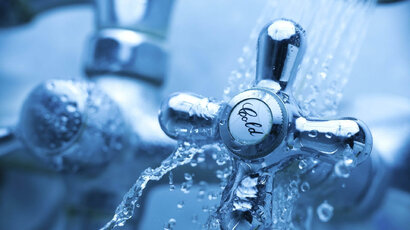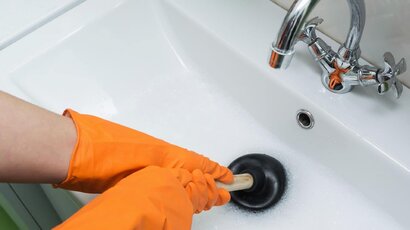Let’s admit- a hot shower after a long day’s work is bliss!
Also, hot water flowing out of your taps makes household chores easier to take on, especially when the mercury drops. And that’s where a tankless water heater comes into the picture.
These compact and energy-efficient appliances can provide unlimited hot water without racking up your electric bills. But how? Let’s find out!
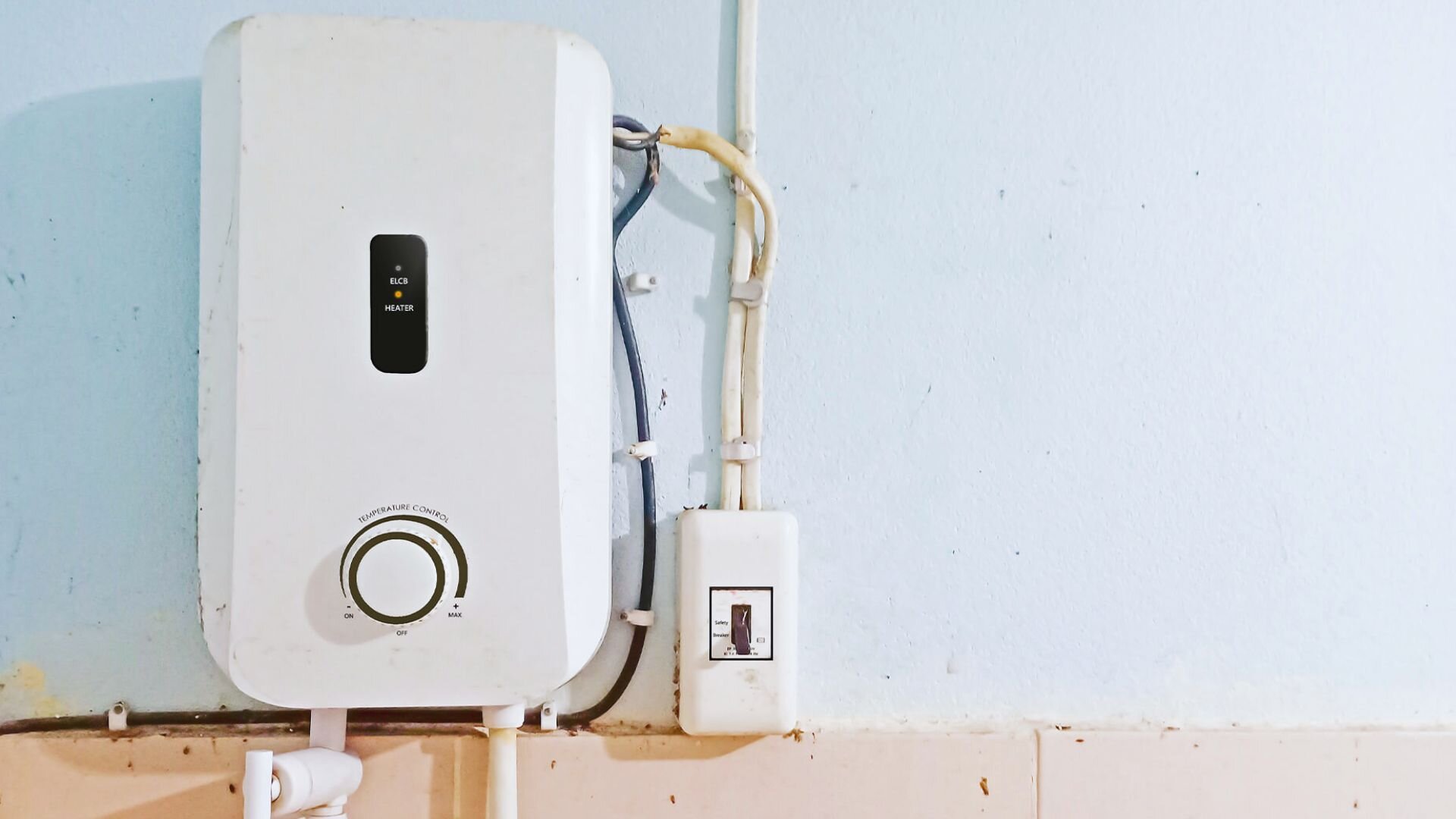
Simply put, a tankless water heater (also known as an on-demand heater) heats the water only when required. When you switch on the tap, the water passes through a heating element. And you get the hot water through the desired faucet. This means you can get hot water instantly without keeping it engaged for a certain period.
Hence, tankless water heaters can be very energy-efficient, especially for big families or cold areas that need frequent hot water. This also means you can save significantly on energy bills with a tankless water heater. Additionally, these tankless units are among the top choices for environmentally-conscious homeowners who don’t want to miss out on a hot water supply.
With that said, let us take you through the benefits of tankless water heaters in more detail.
Traditional (or storage) water heaters generally store the heated water in a storage tank, which will eventually run out with use. And once that happens, you must wait for the heater to heat the water again. Also, if you cannot exhaust this ‘stock’ of hot water, the energy the heater consumes to heat will all be wasted.
However, with a tankless water heater, you can get a constant hot water supply for your whole family without any wastage. All you have to do is turn on the heater’s switch, open the faucet and enjoy a warm shower!
You will find both gas-powered and electric-powered tankless water heaters, so you can easily choose one that suits the existing power setup of your home. While electric tankless heaters use electrical resistance heating coils, the gas variants use gas burners to heat cold water almost immediately.
Besides, you can choose between the two types based on the available space for installation.
Since a tankless unit doesn’t have a tank to store the water, it automatically reduces the chances of water leaks. Besides, the tank can be one of the biggest sources of other malfunctions, compromising the overall functionality of the water heater.
Likewise, a tankless water heater’s simple and direct heating process requires less maintenance, especially compared to a traditional or storage water heater. In tandem with its energy efficiency, this brings down your utility bills.
That said, a tankless heater will require basic maintenance, including flushing the system and cleaning or replacing the filters. But these tasks won’t burn a hole in your pocket, either.
The average life expectancy of a tankless water heater is typically about two decades, which is more than what you can expect from even premium traditional water heaters. Not only does this save you from the expense of getting a new water heater frequently, but it also allows you to enjoy the benefits of hot water use for a long time.
Tankless water heaters are smaller units that almost always have a compact design, which is what you’d want for smaller spaces. Moreover, they can be mounted on practically any surface, like the walls, inside closets, cabinets, and even outdoors.
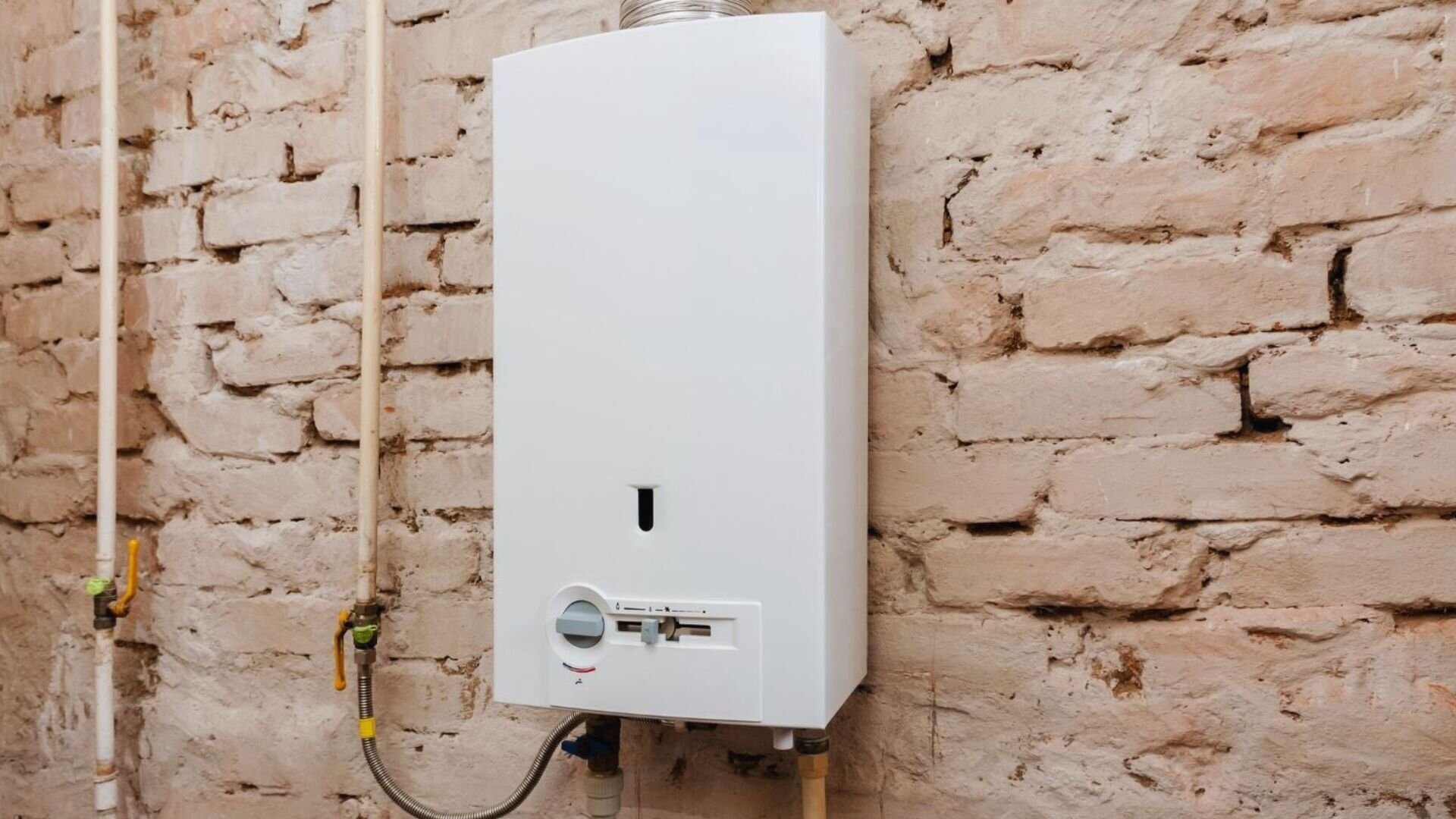
Despite the many advantages that make tankless water heaters a fit for modern homes, there are a few downsides that you should be aware of before investing in one.
Tankless water heaters have a high upfront cost (thousands of dollars), and it can be quite a while before you see its main advantage, i.e., energy savings and reduced energy bill. Moreover, if you don’t use hot water frequently, spending so much money on the appliance may not be wise.
On top of that, installation costs can account for another couple hundred dollars, depending on your location, the installation spot and any extra arrangements (like installing valves),
Since tankless water heaters produce hot water instantly, many homeowners make the mistake of overloading (running it unusually longer) it to get more hot water than it can have. This can cause the whole system to shut off, prompting the need for costly repairs or even replacements.
Sure, you can install more tankless units to ensure you always have enough hot water without overloading any one heater, but it will require an extensive budget.
Although tankless water heaters are an easy way to get practically endless hot water, you may face some performance issues with them.
For one, if your area receives a lot of hard water, it can cause mineral build-up inside, requiring you to change the filters often. And if not cleaned or replaced, the clogged filters can severely affect the filter’s functionality.
Similarly, a blocked air supply or insufficient venting can cause the heater to malfunction, becoming a fire hazard and restricting hot water. And low gas supply to the burner can also cause the same problem in a gas-powered unit.
Installing a tankless water heater is a complex process, one of the main reasons you should hire professionals for the job. It typically involves installing outside vents for intake and exhaust and working with the water and electric or gas lines. Moreover, the unit should be installed near an electric or gas outlet for best results.
Another thing to remember is to acquire the required permits for installing the unit. For instance, you may need a building permit if installing the unit requires structural modifications. Aside from that, you must obtain gas-fitting or electrical permits from the concerned authorities, depending on the type of heater you opt for.
And once installed, here are a few things you can do to prolong its service life:
Factor | Tankless Heater | Storage Tank Heater |
Energy-efficiency | Doesn’t require constant energy to heat water, can supply hot water on demand | Requires more energy to heat the water |
Water usage | Can help conserve water, especially with adjustable settings for controlling water flow | May not help save water unless you’re cautious about the amount being used |
Maintenance | Less maintenance needs | May need frequent servicing |
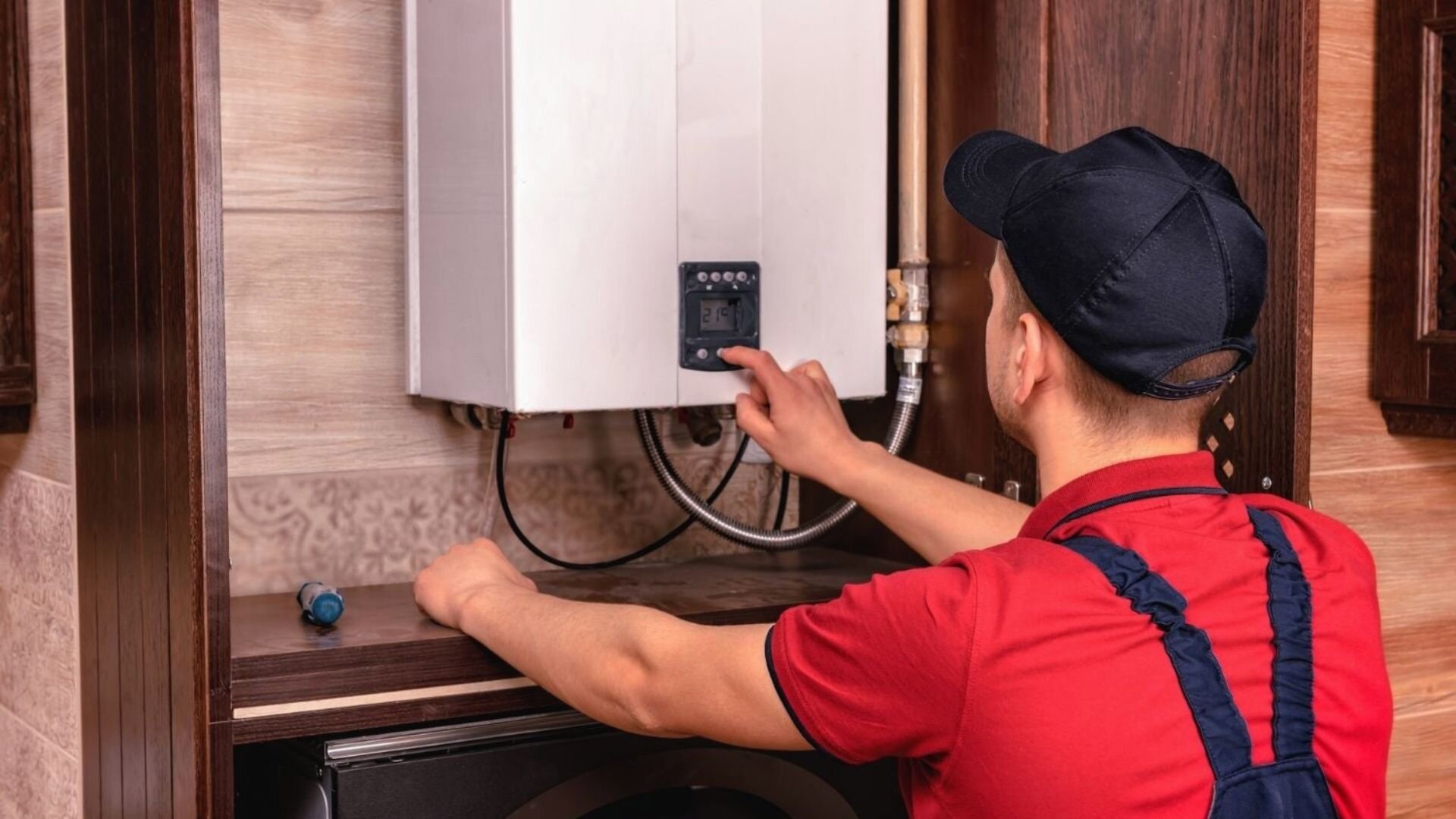
It’s no secret- a larger household with more water consumption will require a large capacity heater. And there are various ways to determine the right heater size you will need.
For instance, you can calculate the total flow rate of all the faucets you want to connect to the heater and opt for a unit supporting that count. This will prevent overloading the unit. Another thing you can do is check the unit’s energy efficiency rating- the more energy-efficient, the more power it will save, even with more consumption.
If you live in a colder place, your water heater will take more time and energy to heat the incoming cold water. And this will bring down its water flow or gallons per minute count, depleting the heater’s flow rate. So, look for higher flow rates if you experience cold weather.
While gas-powered tankless heaters can heat water even during a power outage, they tend to lose efficiency at higher altitudes (4,000 ft. and above). Besides, you may need to install additional ducts and vents for ventilation.
On the other hand, electric models are compact and easier to install, especially close to a faucet or shower head. But your home’s wiring may need to be updated during installation, and the unit won’t be able to heat water during an outage.
Although the upfront cost of a tankless water heater is higher, you will save money in the long run due to its energy efficiency and longevity. Plus, there’s the benefit of getting an instant and constant supply of hot water.
If you plan on installing a tankless heater, you can rely on Precision Electrical and Plumbing to get the job done.
Our trained and licensed technicians will take care of everything, right from installation to maintenance, while following the prevailing codes of your area. We offer our services in and around Melbourne, so call us today!
{{author:bio}}
Find them on their website: Precision Electrical & Plumbing, Facebook and LinkedIn.
Do you think your water pressure may to be high? Find out the reasons you need to be cautious of high water pressure in this guide!
Read MoreFrom not leaving the water running to fixing dripping taps, these ten steps make a big difference in conserving water in our homes and in the whole world.
Read MoreHaving drain problems at home? Read about these 5 easy tips to quickly unblock a drain before it turns into a burst pipe.
Read More
